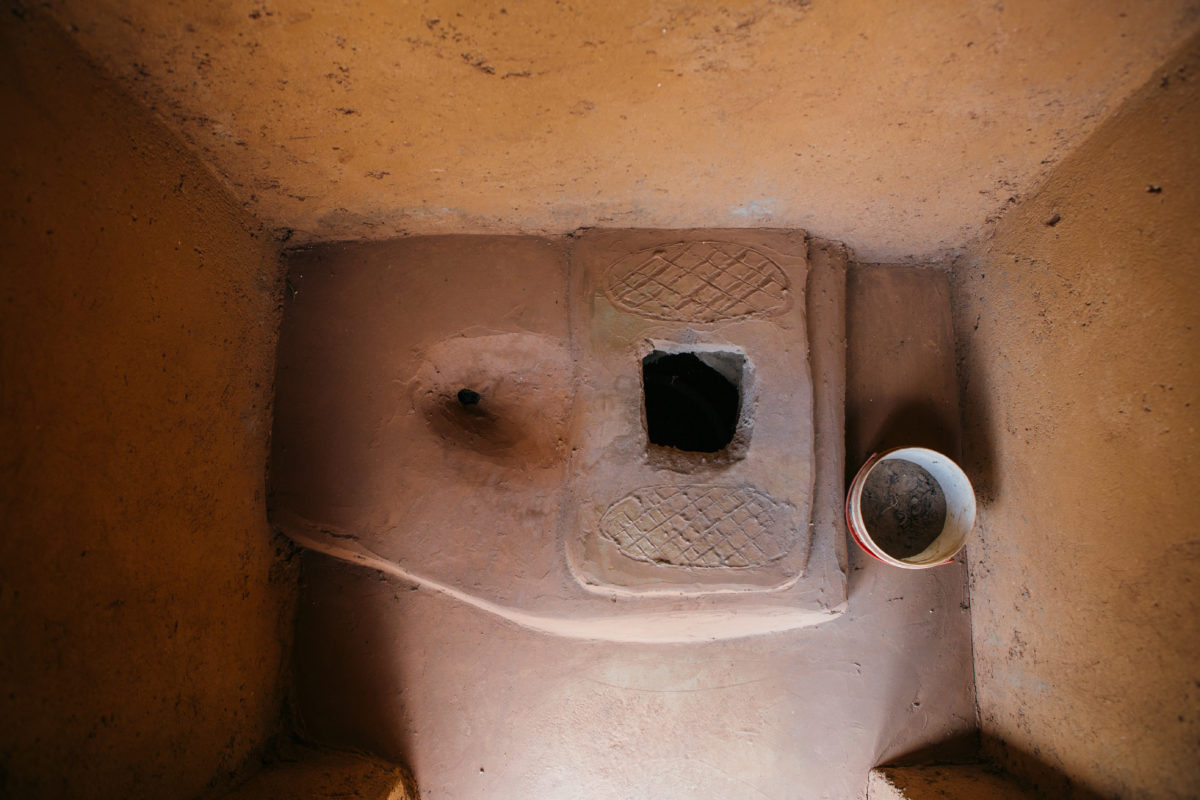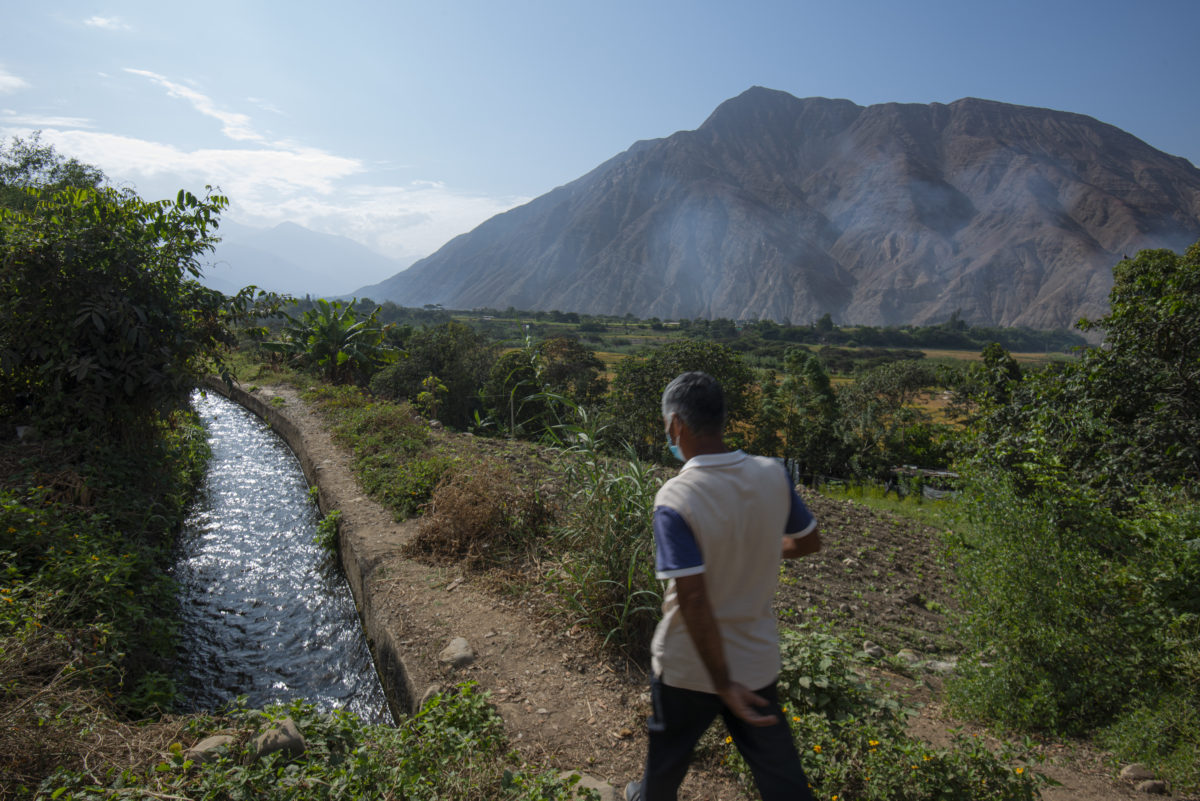In business, innovation is key to growth—to staying competitive and relevant. Innovation involves some level of unpredictability and risk and that’s generally accepted by all involved, especially those funding it. It’s a bit harder to translate that mentality toward innovation in the nonprofit sector. As we’ve written before, many funders, understandably, want to see the impact of their gifts, to know lives were changed. This is why unrestricted giving is so crucial to innovation.
3.6 billion people, nearly half the world’s population, do not have access to safely managed sanitation in their homes. Of those, 1.9 billion people live with basic sanitation services, and 494 million people practice open defecation. Poor sanitation leads to almost 1 million preventable deaths a year, often from diarrheal diseases like cholera. Shit is a big deal.
Innovation and flexibility are key strategic elements to changing those numbers and improving sanitation in communities throughout the world. There usually isn’t room in budgets for unproven ideas and taking risks on ideas that might not work. If the outcome of an innovation process is entirely predictable, it is not really an innovation—and innovation is what our global sanitation crisis desperately needs. There is a legitimate concern that accomplishing Sustainable Development Goal (SDG) 6 — water and sanitation for all by 2030—is out of reach unless something changes drastically.
In 2018, Water For People designed the Shitovation Awards to address one disconnect between desperately needed innovation and the global sanitation crisis: the funding to try new things. Our investments and incubations have resulted in innovative sanitation changes across Latin America, Africa, and India. In Latin America, we’ve developed locally-made septic tanks, pioneered a publicly-funded subsidy with government partners for households lacking household toilets and cultivated relationships with hardware stores to offer toilet packages at discounted rates for this same population. We have incubated and supported more than 50 pit-emptying enterprises in Uganda and Malawi to establish viable business models for emptying latrine pits and septic tanks.
This year is no different. The 2023 Shitovation Awards are funding eight innovative projects across Peru, Bolivia, Rwanda, Uganda, and India.

Rwanda
In Rwanda, only 75% of households have access to improved latrines with solid, safe slabs (the platform over the latrine’s pit). 9.2% of households have limited access to sanitation services, 13.1% use unimproved sanitation facilities, and 2.7% have no sanitation facility at all. Poor quality slabs have been identified as the main challenge to unimproved toilets in the country, in part due to a lack of skills and knowledge on making them. With this award, Water For People Rwanda will train local communities and masons on how to build improved slabs using locally available and sustainable materials.
Uganda
Biomass (fuel from organic materials) is still the most important source of energy for most of the Ugandan population. About 90% of the total primary energy consumption is generated through biomass, which can be separated into firewood (78.6%), charcoal (5.6%), and crop residues (4.7%). This demand for fuel spurs deforestation, contributing to environmental degradation and, ultimately, climate change. Several years ago, we helped bring fecal sludge briquettes to market. These briquettes are 4.4 times more cost-effective than normal charcoal and burn significantly longer. We’ve also come to understand that they produce more ash than traditional briquettes. This grant will research innovative solutions for this ash so that consumer interest in the product doesn’t fall.
India
India’s National Flagship program of Swachch Bharat Mission has been successful in creating large number of toilets in the country, including in the eastern state of Bihar. This uptake in infrastructure development has also given rise to fecal sludge treatment facilities, which are yet to evolve. It’s critical that treatment facilities are able to meet the demand so that usage continues and sanitation issues improve across Bihar, which ranks last in Indian states when it comes to people’s access to basic sanitation facilities. This award funds a low-cost, modular fecal sludge treatment facility in Bihar and helps develop a pit-emptying market and integrate Gulpers and pit life extenders into the sanitation supply chain.
Bolivia
Rural areas in Arani, Bolivia, don’t have a sewerage network. The treatment and disposal of sludge are challenging for the dispersed communities, which leads to contamination risks. This award tests a low-cost, environmentally friendly sludge treatment technology for people in rural Arani. Having this solution (a composting biodigester) in toilets removes the need for a wastewater treatment plant and will also produce an organic fertilizer that can be used for vegetables and fruit trees, promoting more nutrition options.
Peru
In rural Peru, wastewater treatment relies on technologies that are expensive and improperly used and monitored. This grant will improve rural treatment plants in the Asunción, Cascas, and Reque Districts, which will ensure the proper treatment and disposal of wastewater while using low-cost, odorless technology. In Reque, the team is going to convert "Las Delicias" rural treatment plant (composed of two primary lagoons) into a wetland. In the other two districts (Asunción and Cascas) they are going to maintain the existing rural treatment plants. This award also funds the development of an easy-to-use monitoring app.

